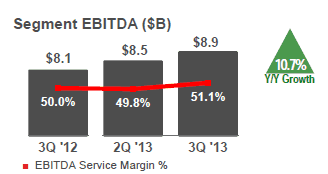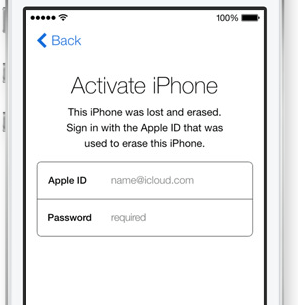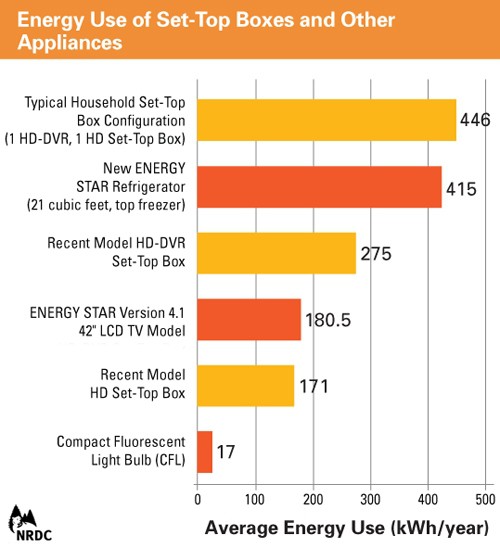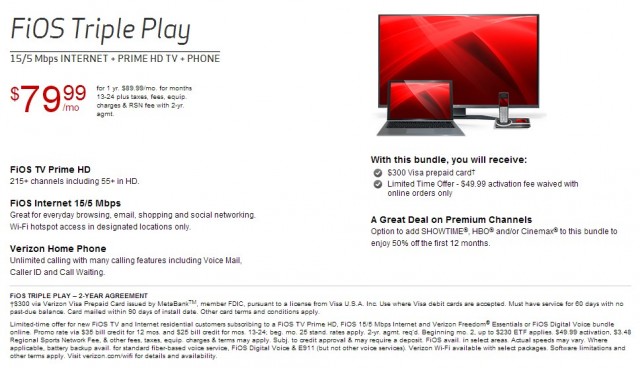 Retirees enjoying employer-based discounts on wireless service are learning they are often ineligible to continue getting a break on their Verizon Wireless bill after the phone company began auditing its discount program.
Retirees enjoying employer-based discounts on wireless service are learning they are often ineligible to continue getting a break on their Verizon Wireless bill after the phone company began auditing its discount program.
Verizon Wireless, like many wireless providers, has agreements with many companies extending discounts to workers as an employee benefit. But with millions out of work, ongoing downsizing, and early retirement, Verizon Wireless decided to start periodic audits to re-verify its wireless customers receiving discounts of 15-25% or more they may no longer be qualified to receive.
The audit is likely to earn millions in extra revenue as unqualified customers are dropped from the program.
Among the hardest hit are retirees who find they no longer qualify.
 Verizon Wireless blames companies for not including retirees in their employer discount program and several human resources departments blame Verizon Wireless for not giving them that option as part of the employer discount contract.
Verizon Wireless blames companies for not including retirees in their employer discount program and several human resources departments blame Verizon Wireless for not giving them that option as part of the employer discount contract.
Among those losing discounts are law enforcement personnel, retirees from the U.S. Post Office, Lockheed Martin, and countless other corporations. Most federal and state government retirees also no longer qualify. A handful of large companies that have major accounts with Verizon Wireless have negotiated discounts for retirees, but they are reportedly few in number.
Most retirees discover they are about to lose their discount when Verizon Wireless auditors request they revalidate their employment in a text message or letter. Every customer getting a discount will now be periodically reverified.
“Verizon Wireless will periodically ask you to validate your current employment status to ensure we have accurate information for the company for which you work, and the discount for which you are eligible to receive,” indicates the company’s employment verification website. “It is our goal to ensure that you continue receiving a discount on eligible plans and features on your wireless service based on your employment with a company that has a business agreement with us. Verizon Wireless has agreements with a large number of companies. If you have changed employers since we last validated your employment status, you may still be eligible for a discount.”

Verizon Wireless’ Current Operational Profitability
“Verizon gives the discount because it wants to,” complained one customer. “Verizon could just as easy give that discount to every retiree if they wanted to, but Verizon chose not to.”
Critics contend Verizon can afford the discount. In one quarter last year, the company earned $20 billion in revenue from its wireless service, up 7.5 percent year over year.
Eliminating discounts, charging new service, activation, and upgrade fees, lengthening the device upgrade window, and launching new, higher-priced, bundled service plans that include services many customers don’t use have all helped the company continue to boost its earnings.
“Shame on you, Verizon,” wrote another recent retiree. “I will take my business elsewhere as soon as I can. Verizon has always been more expensive, but coverage was the best, so I stuck with them. This is the thanks you get for being a loyal customer for many years.”


 Subscribe
Subscribe A U.S. appeals court today ruled the FCC’s Net Neutrality policy requiring all Internet Service Providers to treat Internet traffic equally lacks legal authority.
A U.S. appeals court today ruled the FCC’s Net Neutrality policy requiring all Internet Service Providers to treat Internet traffic equally lacks legal authority. “Even though the commission has general authority to regulate in this arena, it may not impose requirements that contravene express statutory mandates,” Judge David Tatel said.
“Even though the commission has general authority to regulate in this arena, it may not impose requirements that contravene express statutory mandates,” Judge David Tatel said.


 Two years after energy conservation groups revealed many television set-top boxes use almost as much electricity as a typical refrigerator, a voluntary agreement has been reached to cut the energy use of the devices 10-45 percent by 2017.
Two years after energy conservation groups revealed many television set-top boxes use almost as much electricity as a typical refrigerator, a voluntary agreement has been reached to cut the energy use of the devices 10-45 percent by 2017.

 Here are some tips for current FiOS customers:
Here are some tips for current FiOS customers: